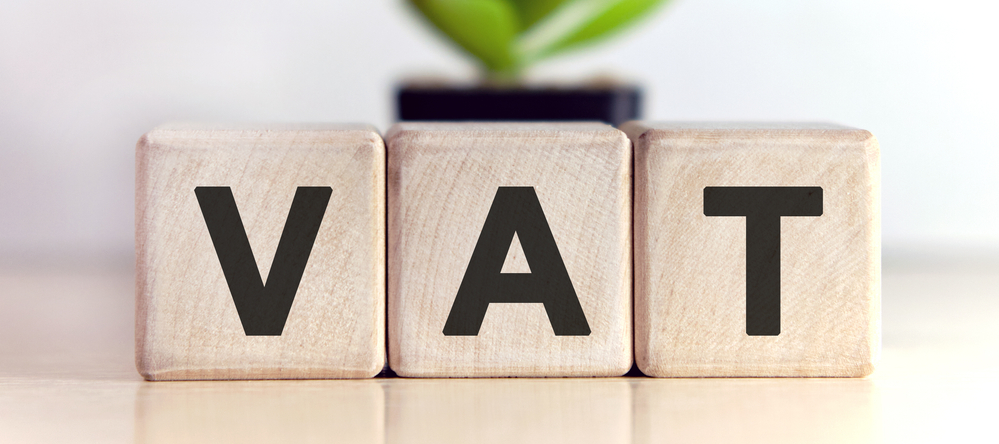What is the difference between a VAT number and a company number?

Until mid-2003, companies had separate identification numbers with different bodies. Each company had both a trade register number and a VAT number (also known as an NSSO number). The trade register collected all information from a company, the VAT administration was a completely separate element.
This changed with the establishment of the Federal Crossroads Bank for Enterprises (CBE) on 1 July 2003.
What is a company number used for?
The company number bundles the former trade register number and the VAT number together. Thanks to this single number, various government agencies and administrative bodies can easily identify your company.
As an entrepreneur, you are obliged to include this number on all official commercial documents (invoices, letters, deeds, etc.). The law also demands that it is posted on your website.
How do you get a company number?
Are you starting your own business? Before you begin trading, you must activate your enterprise number at a business counter. This is compulsory.
Every company that registers in the Crossroads Bank for Enterprises receives a unique enterprise number. This consists of a '0' or a '1', followed by nine digits. Here’s an example: '0123,231,324'.
- In the case of a one-person business, the Enterprises Desk can request this number for you. Of course, they will need a few details from you.
- In the case of a company, you will receive the number of the clerk's office of the corporate court where you filed your deed of incorporation. You will then have to go to an enterprise office yourself to complete your company details in the Kruispuntbank (KBO).

What is a VAT number for?
Are your activities and/or your company subject to VAT? If yes, then you are obliged to activate your company number for VAT before you become active. In this way, it also becomes your VAT number. This serves to identify your company in the VAT administration process.
Your VAT number is almost identical to your company number. The only difference is formal; the VAT number starts with 'BTW BE', followed by the company number. This is what the VAT number looks like in our example: BTW BE0123.231.324'.
Attention! You can only use your VAT number after you have activated it with the VAT administration. Your registration with the KBO is not sufficient for this, even if both numbers are identical.
|
What does VAT liability mean? VAT or value added tax is a tax paid by the end user on products or services.
|
> Do you still have business questions? Chances are that you will find the answer on our blog.